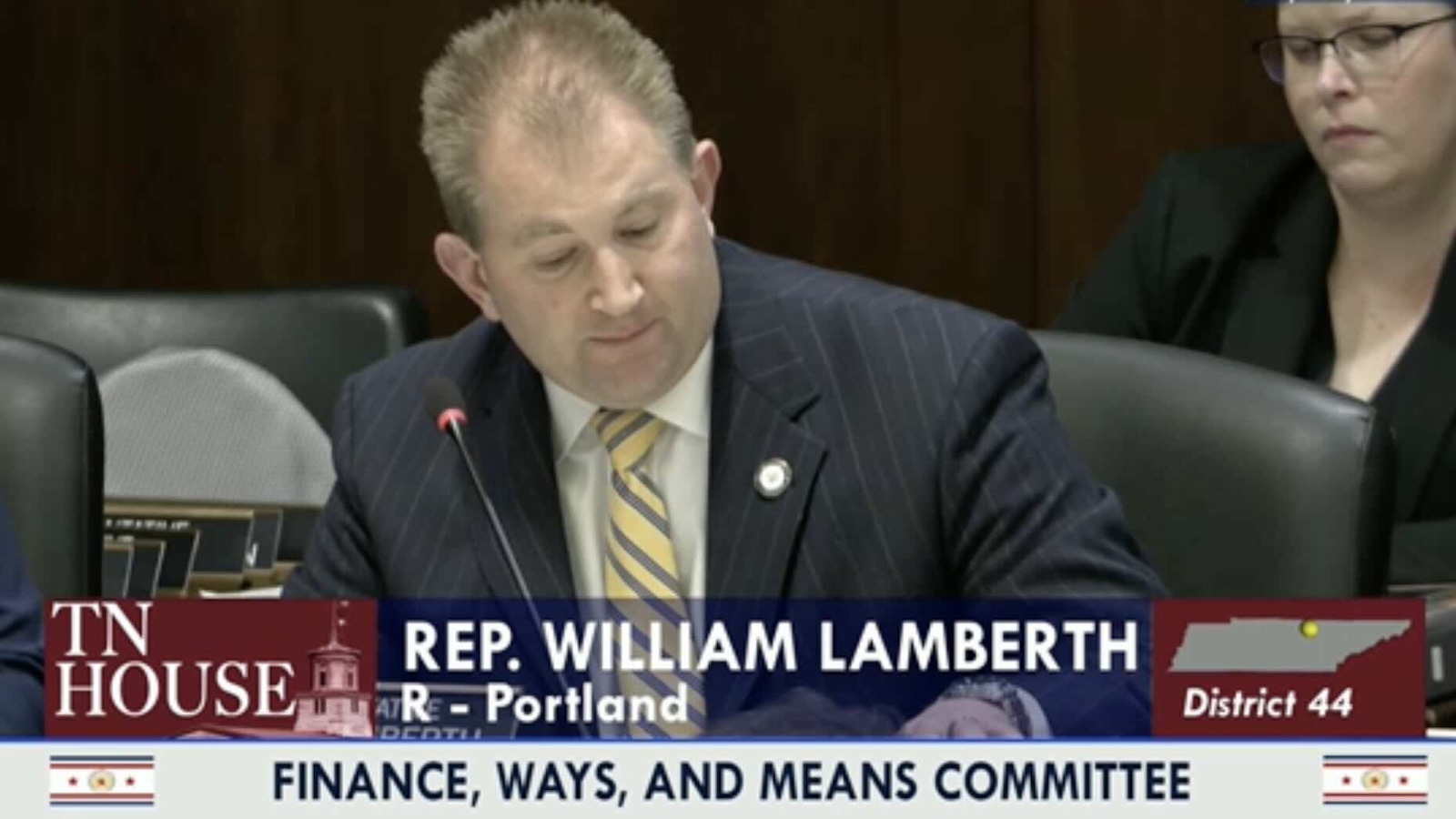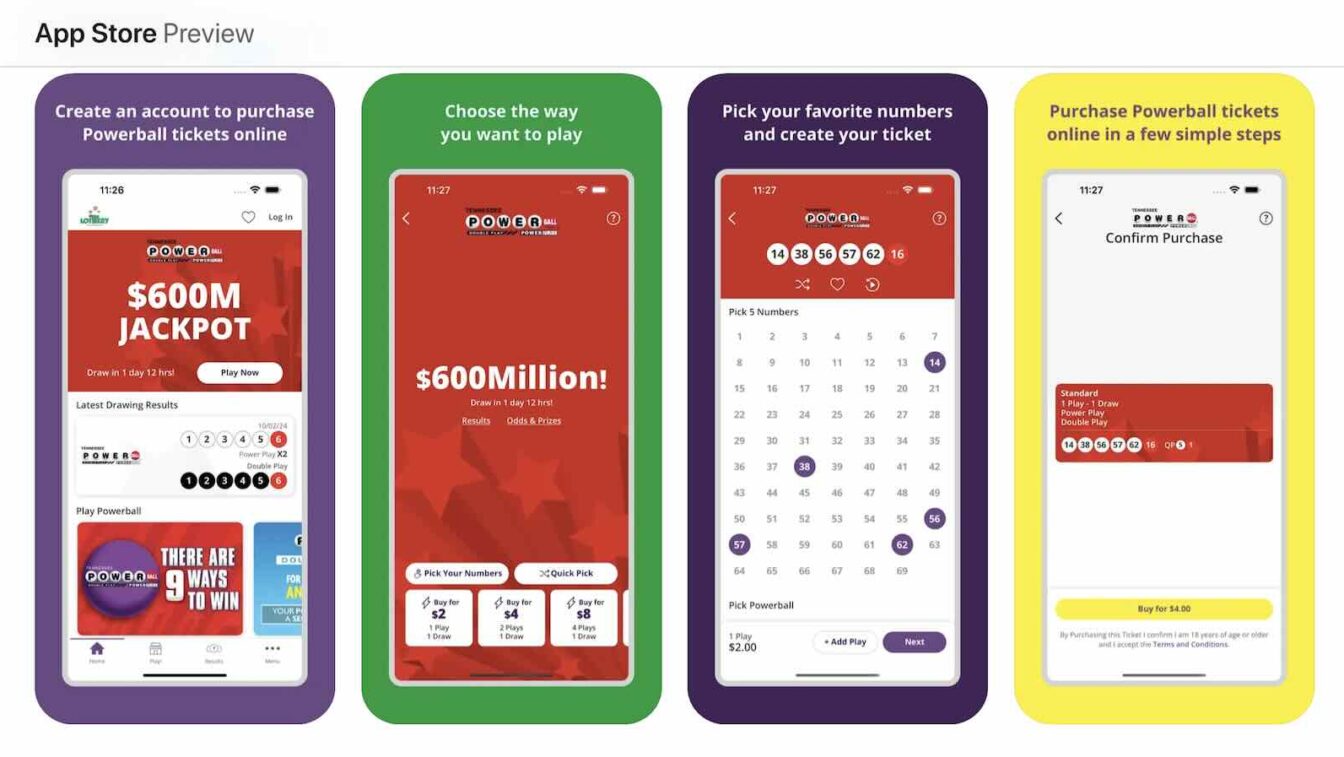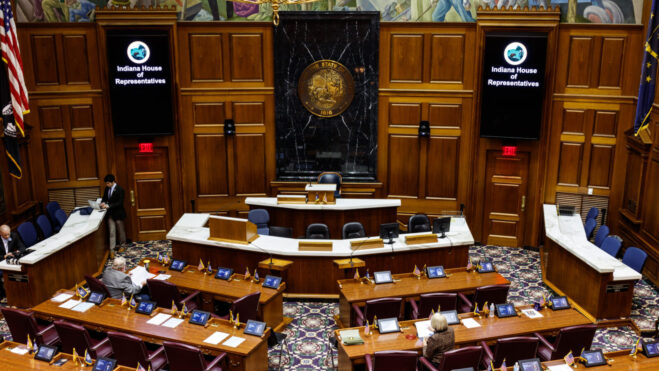Legal Questions Persist Over Tennessee Online Lottery Sales: ‘A Big Move’
A legal statute with the potential to be interpreted multiple ways has created a conundrum in the Volunteer State
2 min

The Tennessee Education Lottery Corporation’s (TELC) unexpected launch of online lottery ticket sales last month has raised concerns with a state lawmaker who questioned the legality of the agency’s move.
As first reported by Lottery Geeks on Jan. 16, the TELC began directly selling lottery tickets online through a new IGT-powered iLottery app. The app as currently constituted is available only through Apple’s App Store. Chief Executive Officer Rebecca Paul testified before the House’s Finance, Ways, and Means Committee on Tuesday that the app offers only Powerball tickets, with ACH (Automated Clearing House electronic payment) as the only form of accepted payment through the new platform.
Paul’s interpretation of the statute she believed granted the TELC the ability to offer online lottery tickets directly came under pointed yet respectful questioning from Rep. William Lamberth. The first clause of Tennessee Code Statute 4-51-108 states authorized retailers are expressly prohibited from selling lottery tickets with anything other than cash (coins or bills).
The ensuing clause, however, notes (emphasis added): “Nothing in this part shall be construed as prohibiting or restricting the direct sale of lottery tickets or shares by the corporation through any form of payment and in any amount.”
That turn of phrase likely contributed to Paul’s decision to launch the program without any changes to existing legislation or regulations. It also led Lamberth asking a series of questions regarding the basic legality of the app and concerns including geolocation and age verification.
‘It seems shaky to me’
Lamberth’s point of contention regarding the legality of the statute came from Subdivision A2 of the first clause that reads “the sales price of tickets or shares in the matter of sale provided that all sales shall be for cash only and that payment by checks, credit cards, charge cards or any form of deferred payment is prohibited.” He interpreted that as cash meaning coins or notes.
Paul did not cite the specific clause of the statute that led to her decision but did tell Lamberth she would have the TELC’s lawyers provide the “portion of the enabling legislation” that allows the corporation to sell the tickets.
Lamberth responded he requested that information “a couple of weeks ago and did not receive it.” He allowed for the possibility the request did not reach Paul’s desk, but Lamberth added, “It seems a bit shaky to me, but I’m open ears as to what the legal evaluation is.”
Paul testified that the “pilot” program has been limited in scope and reach with only 300 sign-ups and less than $3,000 in ticket sales. She addressed concerns about the potential impact on brick-and-mortar lottery retailers by noting that multiple bordering states — Georgia, Virginia, North Carolina, and Kentucky — have all seen retail ticket sales increase following the introduction of online availability.
But Lamberth underscored in his closing remarks that he did not appreciate the manner in which the TELC proceeded with the change, seemingly without conferring with the legislature beforehand.
“With this big a change, even though it was only 300 folks taking advantage of it, I truly wish that this would have come through some sort of legislative process,” Lamberth said. “Because this goes far beyond what I believe [the statute] would have envisioned… ACH transfer is not cash or coin. So, I look forward to seeing that legal opinion, hopefully it will enlighten us a bit more, but it’s a big move.”
IGT’s role
Paul testified that while there is no third-party retail seller, the IGT is a third party to the online lottery ticket sales as the platform provider. She said there was no development cost incurred by the TELC because the agency extended its contract with the IGT in exchange for that development technology.
TELC Chief Financial Officer Andy Davis addressed questions regarding age verification, pointing out the IGT has sub-contracted Ideology for that purpose. Much of the same verification methods used for sports wagering accounts — date of birth, address, and last four digits of the social security number — are also used for the online lottery app.









